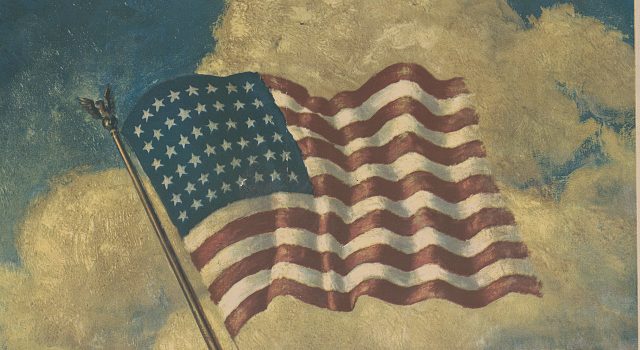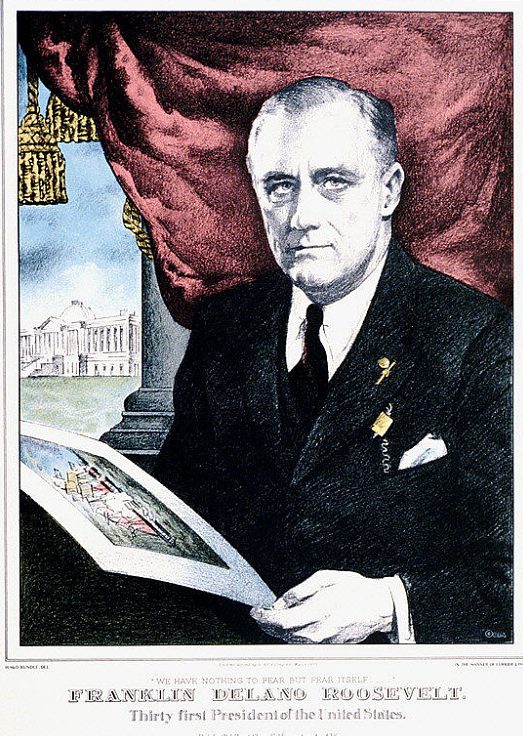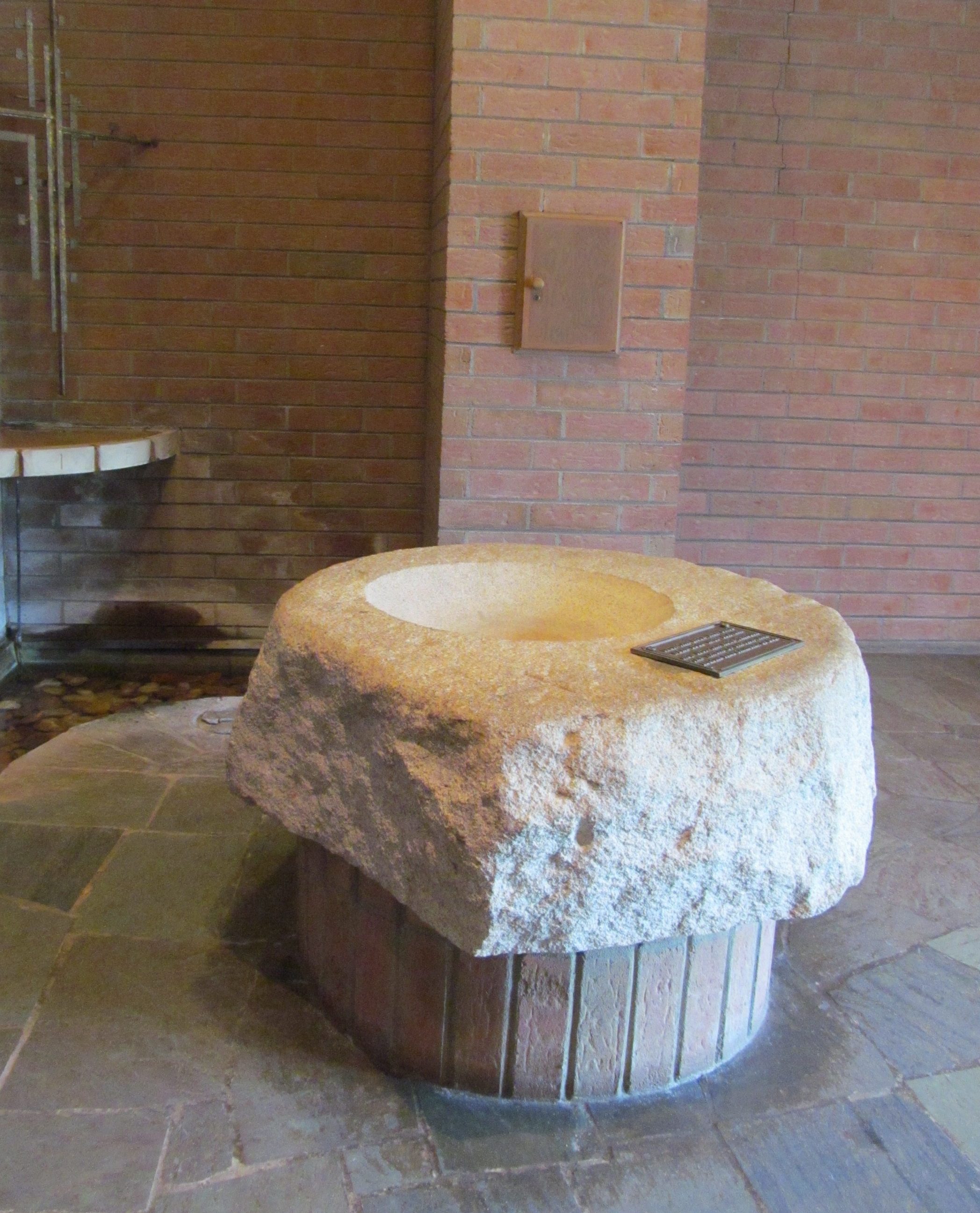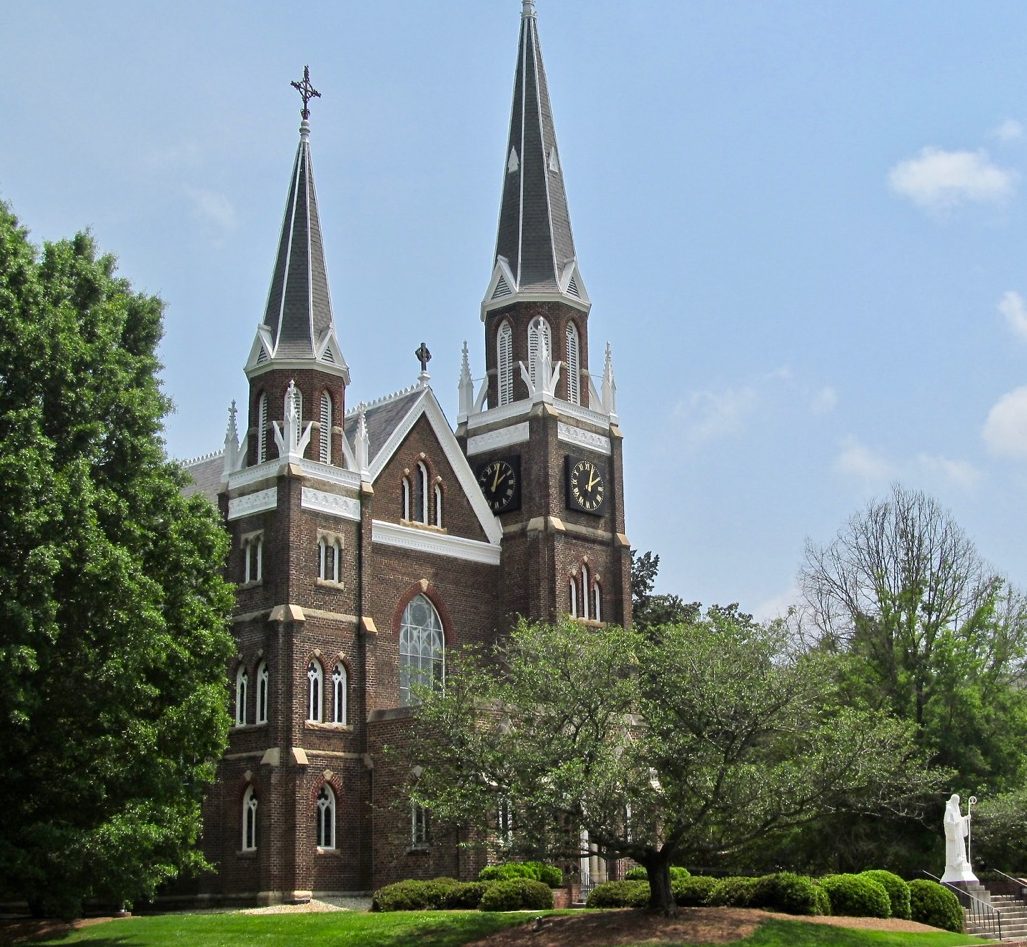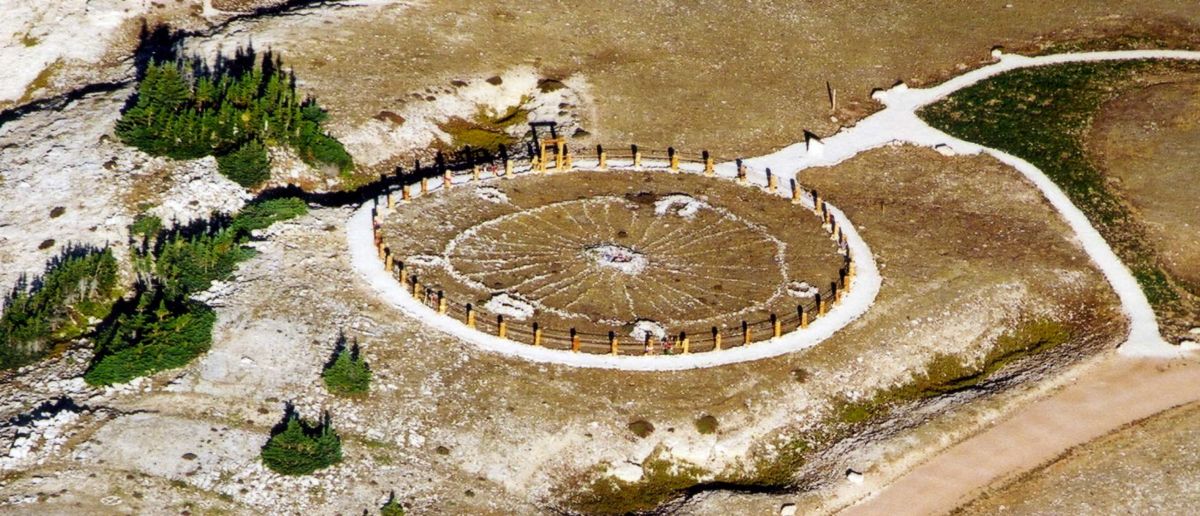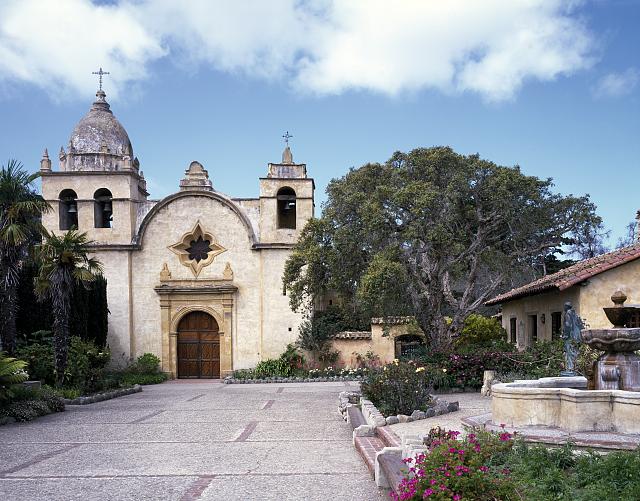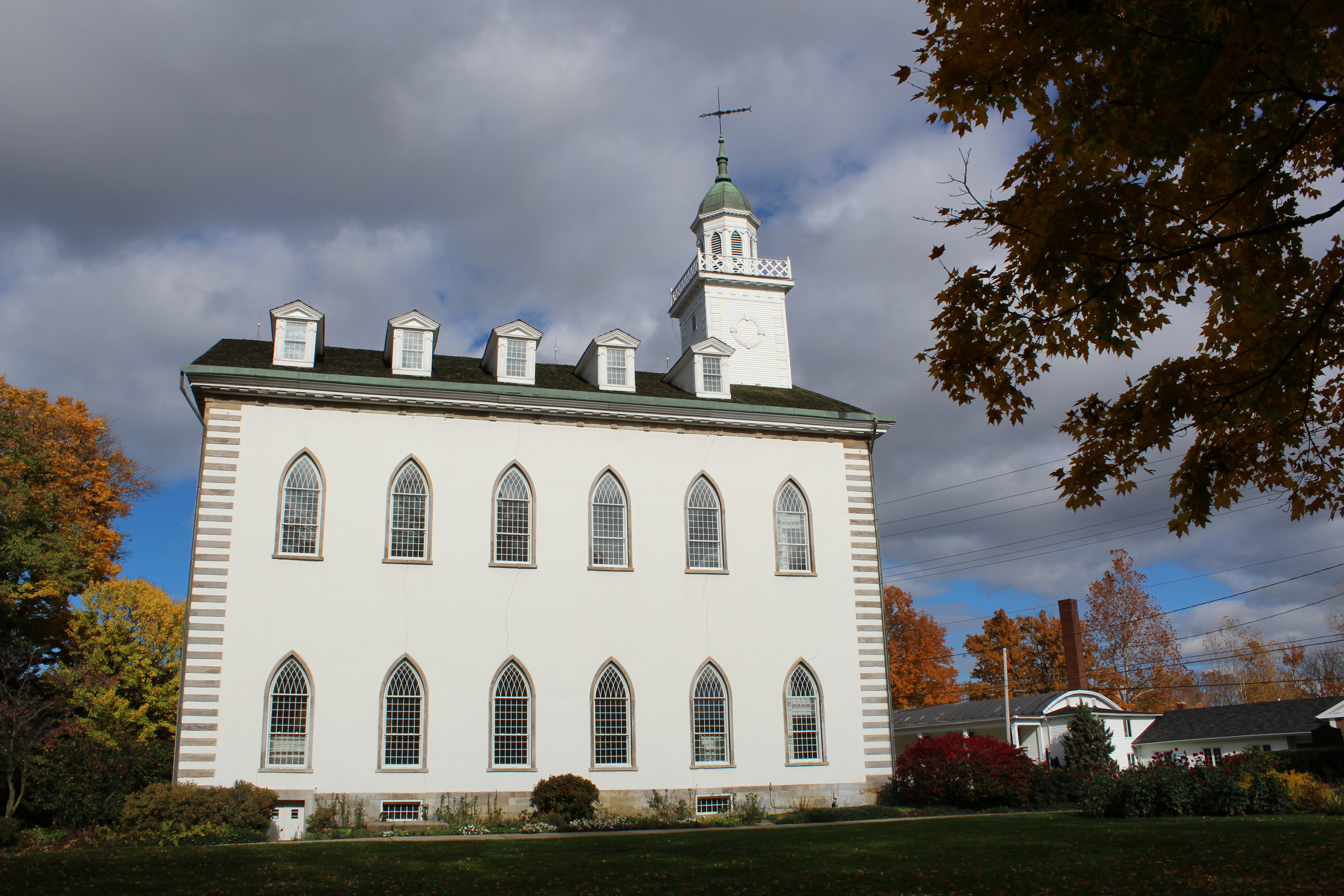Remembering Religious Responses on the 75th Anniversary of D-Day
Sarah A. Morgan Smith
June 2019
D-Day was an inter-faith “crusade” for the spirit of liberty and human freedom, supported by the prayers and hopes of millions both on the field and at the homefront.
“NOT EXCITEMENT OR JUBILATION BUT QUIET RESOLVE AND THE PRAYERS OF A PEOPLE WHICH KNOWS THAT MUCH IS YET TO BE ACHIEVED AND AT A HIGH PRICE, GREETED D-DAY IN THE UNITED STATES.”
“War Service,” The Living Church Vol. 108, No. 24, June 18, 1944, pg. 5 (Full Article: pg. 5 – 9)
Dwight David Eisenhower’s stirring yet succinct “Message to the Allied Expeditionary Force” described the attack on Normandy’s beaches as a “crusade” undertaken against a “savage” foe — a religiously inspired term that cast a veneer of divine favor over the Allied cause. In the terse but moving message, Eisenhower further employed religious sentiment to assure the troops that their efforts on the field were supported by the “the hope and prayers of liberty-loving people everywhere.”
Eisenhower spoke truly: when Americans learned that the Normandy invasion was underway, believers of all kinds responded to the news by organizing spontaneous prayer services to intercede for the troops all around the country. Churches and synagogues provided space for all-day vigils; workers gathered in place to pray; community and civic leaders organized impromptu and inter-faith gatherings in cities like New York.
Read more at We The Teachers: Religion and Rhetoric in Times of War.
